|
Greetings, adventurers! ?
Have you ever gazed upon the vast landscapes of the DnD universe and wondered where you truly belong? Whether amidst the ancient trees of elven realms, the echoing caverns of dwarven mountains, or the bustling streets of human cities, every soul has a place in this magical world. Today, we're thrilled to introduce our enchanting quiz: "Which DnD Race Are You?" ?✨ Why Take the Quiz?
Exclusive Content Awaits! ? For those who embark on this quest, we have a special treat in store. By sharing your email at the end of the quiz, you'll unlock exclusive DnD content, tips, tales, and treasures delivered straight to your inbox. Plus, be the first to know about our mystical events and spellbinding stories! Ready to Begin? So, adventurers, are you ready to step into the portal and discover your DnD destiny? Take the Quiz and use the results to help you build a character that is more authentic to your inner self to play with for our live virtual DnD sessions. May your journey be filled with wonder and may the dice always roll in your favor! ?️?
0 Comments
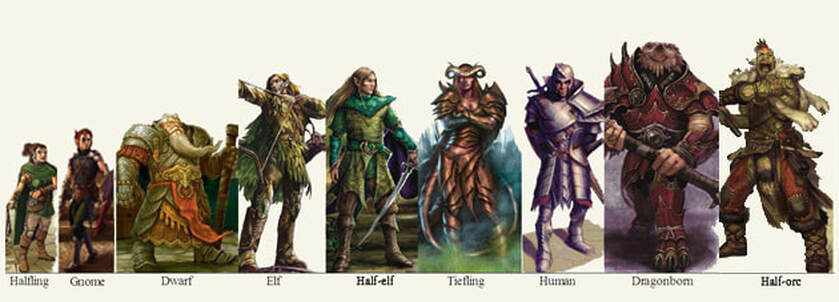
1. Introduction to Character Creation
The Role of Characters in DnD Every DnD adventure revolves around characters, each with their unique personalities, strengths, and stories. These characters are the heart and soul of the game, representing players in a vast world of fantasy. Through them, you'll face challenges, celebrate victories, and weave tales of epic proportions. The Character Creation Process Creating a character is like painting a masterpiece. You start with a blank canvas (or character sheet) and fill it with colors of your choice. From race and class to backstory and alignment, every decision shapes the essence of your character. Balancing Mechanics and Storytelling While the game's mechanics provide structure, it's the stories that make DnD magical. Your character's past experiences, dreams, fears, and aspirations breathe life into them, making them more than just numbers on a sheet. 2. Races of the DnD Universe The Rich Tapestry of Races DnD boasts a plethora of races, each contributing to the game's rich diversity. Your character's race influences their physical appearance, abilities, and cultural background. A Glimpse into the Core Races
Your character's class is their profession or calling in the DnD world. It dictates their skills, abilities, and role in a party, shaping their journey in the game. Exploring the Core Classes
Creating a character in DnD is a journey of self-discovery and creativity. As you weave together the threads of race, class, and backstory, you craft a unique identity ready to embark on countless adventures. Whether you dream of being a dragonborn wizard or a halfling rogue, the world of DnD welcomes you with open arms. Stay tuned for our next installment, where we'll delve deeper into alignments, backstories, and the art of character development! Do you find yourself struggling to get your child excited about learning? It can be tough to keep them motivated, especially when they seem uninterested in school. Although, there are ways to get them interested. In this blog post, we will discuss five ways to get your child excited about learning! Use Hands-on Activities |
Matt TrammellCo-Founder and Instructor for Trammell Classes |
Location |
|



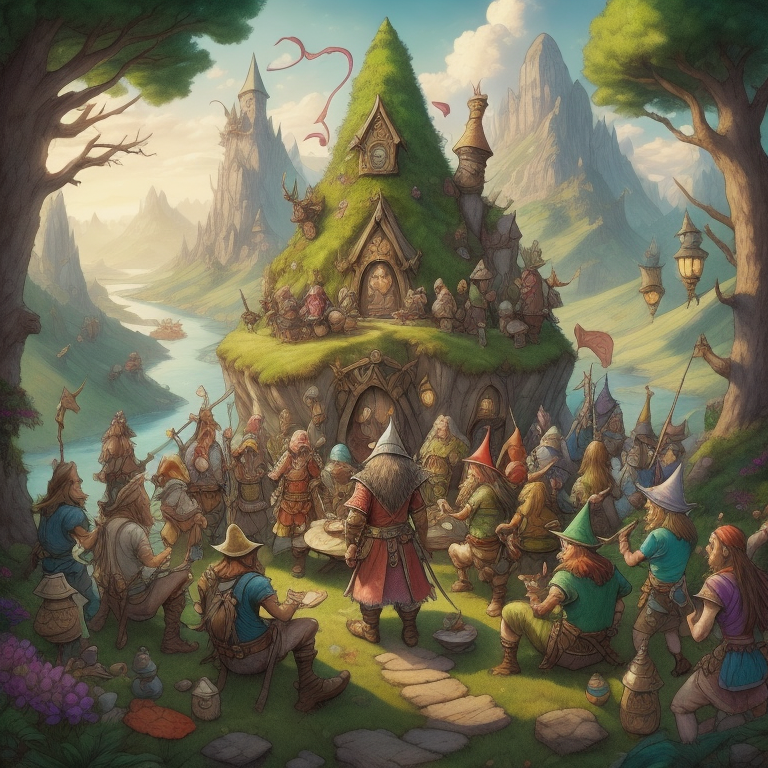

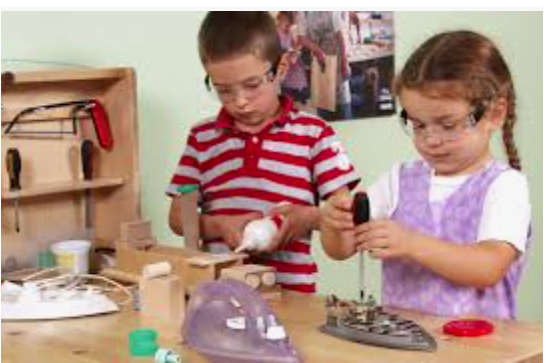
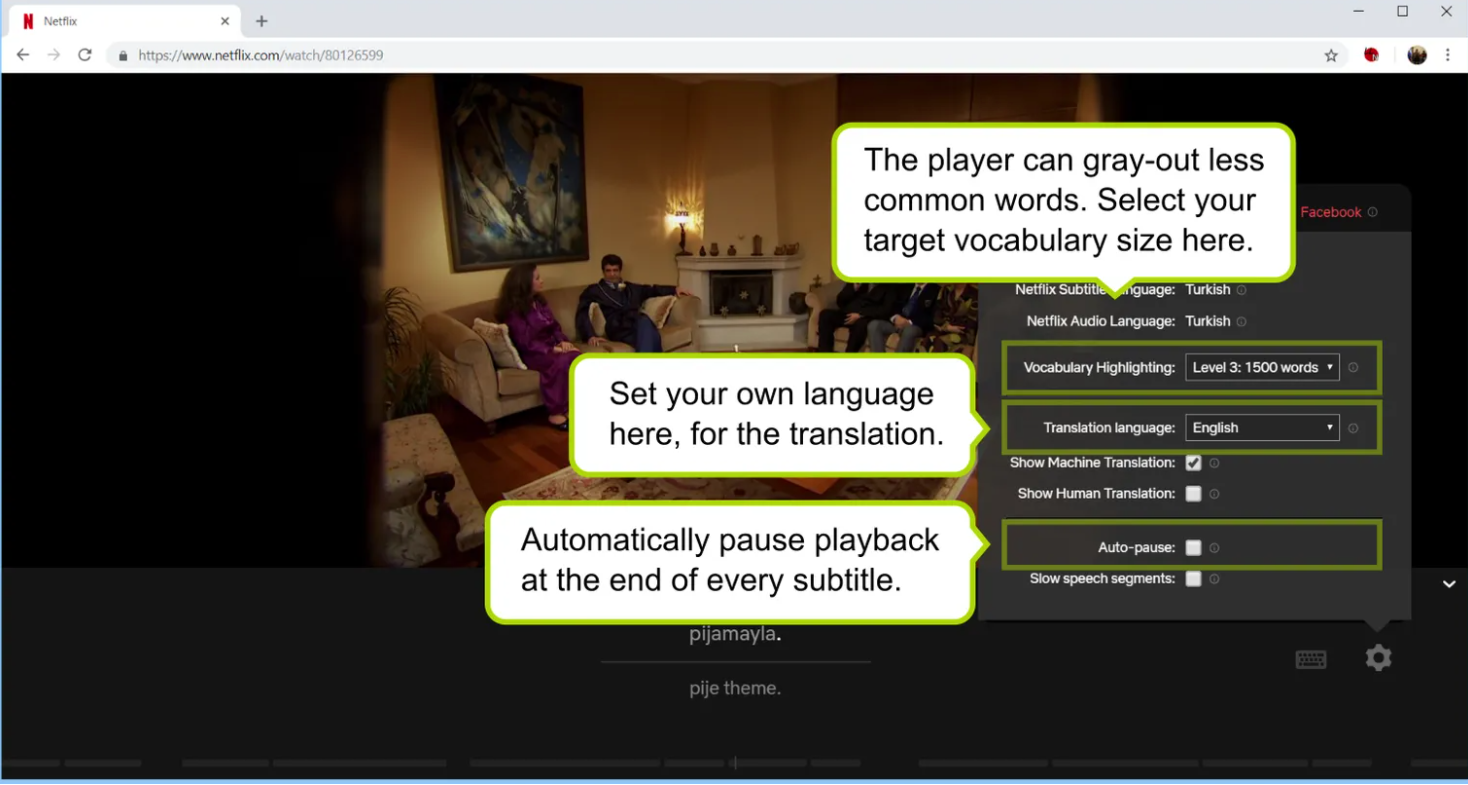


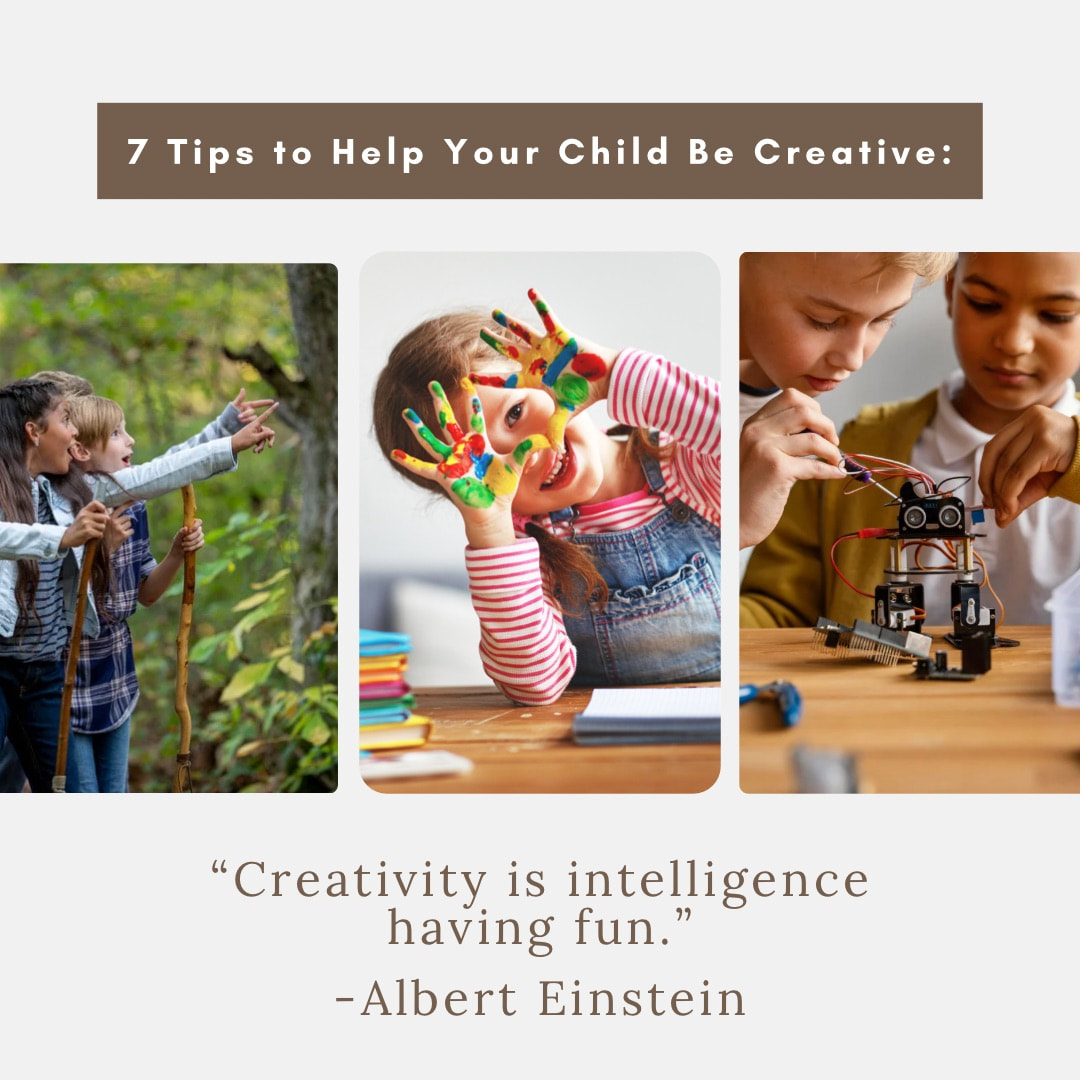


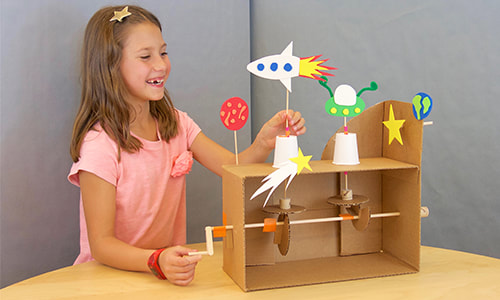

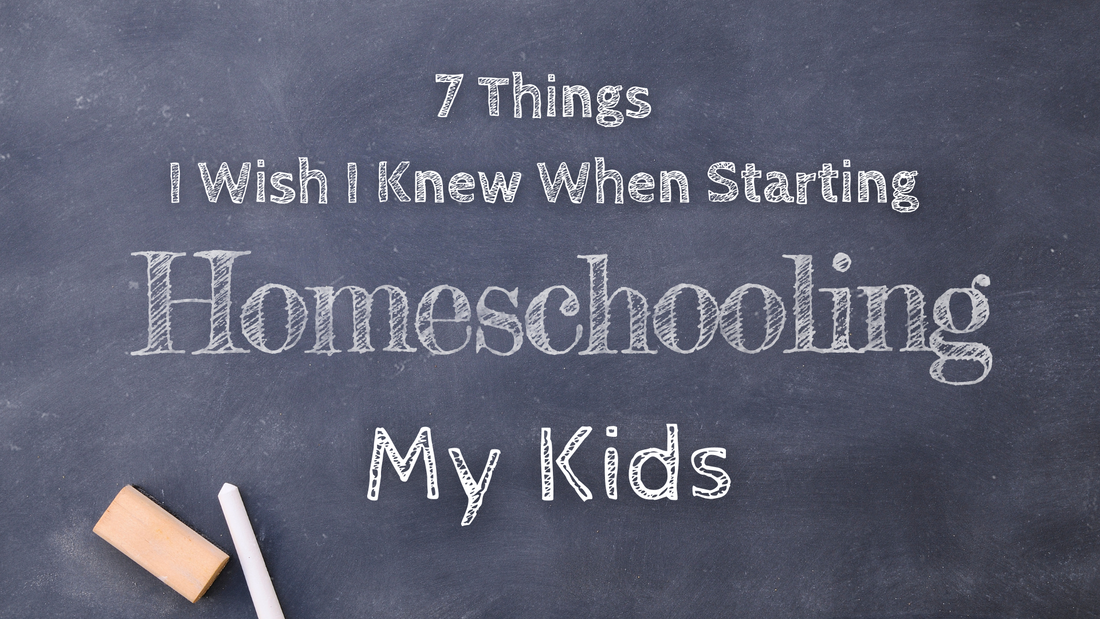

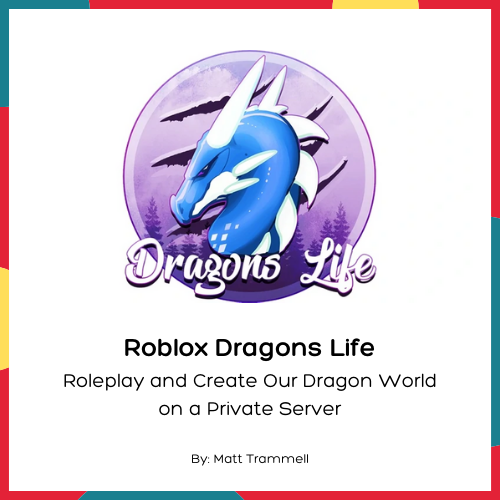
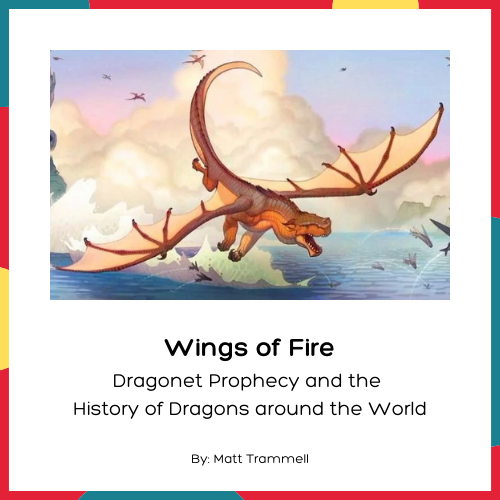
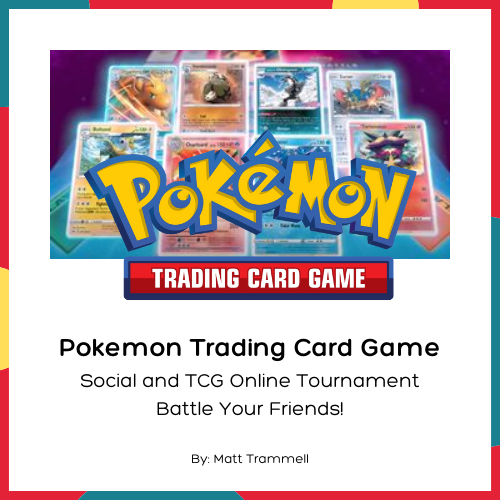
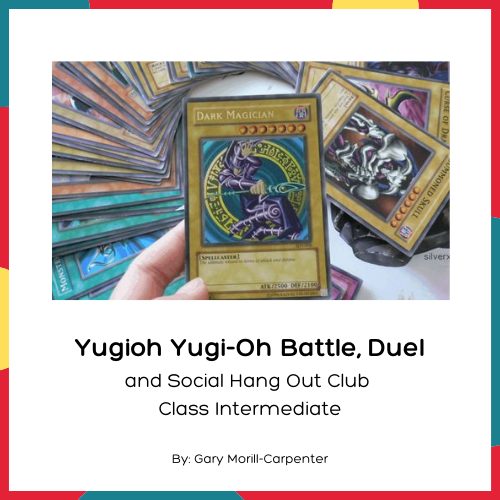
 RSS Feed
RSS Feed
